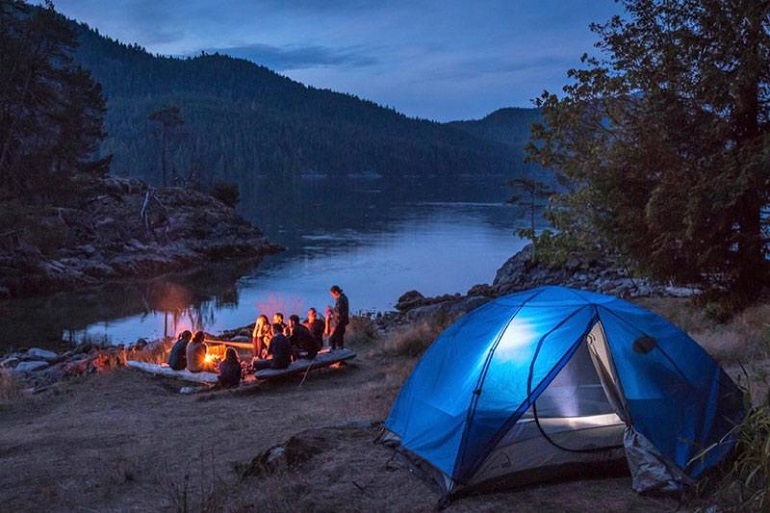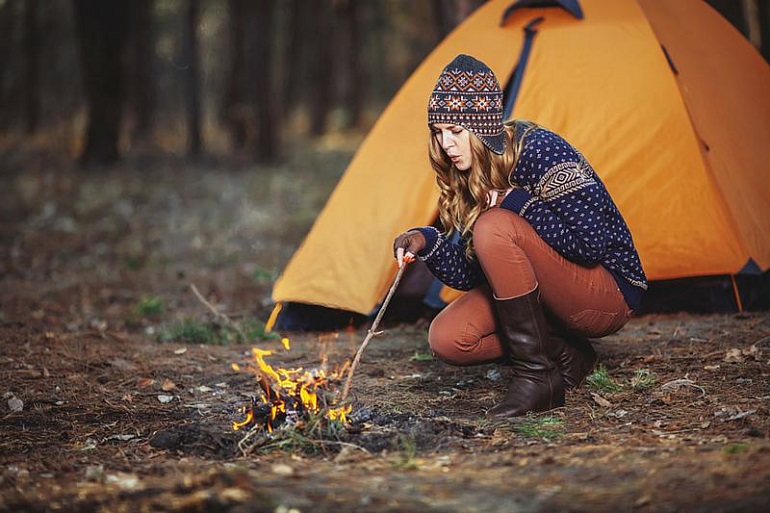When you’re knee deep in camping gear it’s really easy to forget some of the most important items such as flashlights, towing accessories or band aids, but you ought to be more careful about it because once you step in the backcountry, there’s no turning back. You’re in there, miles away from civilization and all you’ve got to back yourself up is the stuff you took and your camp buddies. So yeah, learning a few survival skills that may save your life in the outdoors is probably one of the coolest aspects of camping. And no, I’m not talking about eating cockroaches or roasting frogs.
The key to surviving is preparation. But before anything, you should know that survival training should be conducted in a controlled environment where mistakes become a learning tool and not a death sentence. You can learn from your mistakes but first you must survive those mistakes. If you’re an experienced camper you’ll know what I’m talking about, because I’m sure you’ve already experienced a few unpredictable situations yourself. But if you want to survive in the wilderness you’ll have to lean on creativity. Think about the way you can use any object around you as a melee weapon. For example you can get all ninja-like with the towing accessories or the roof rafters if you practice long enough so you’ll be safe from animal or “who knows what else” kind of encounters.
Next thing is the first aid kit. You shouldn’t go anywhere close to a backcountry without one. Basic first aid is a good life skill to have in general, but it’s definitely essential for cases of emergency when camping. Knowing how to fix common injuries is an essential skill that every camper should master. In most cases, you can ignore small cuts from trees, plants or knives, but make sure you keep the wound clean to prevent it from further infections. If however the injury is deep and the blood won’t stop, a good old tourniquet will stop the flow.
And last but not least: the physical needs. You should be able to start a fire, find fresh water or some eatable plants if necessary. But do you know how to easily find a river or any other kind of water source? The answer is simple: following animal’s and insect’s traces. Okay, that may not sound really safe, but you can watch animals from afar with binoculars and when it comes to insects, mosquitoes can be your starting point since they tend to stay within 400 feet of humid areas. Also, make sure your fire-starting skills are great, keep the universal edibility test in mind and make sure you’ve mastered the navigation methods that can guide you back home if you somehow get lost in the middle of the forests of green.



